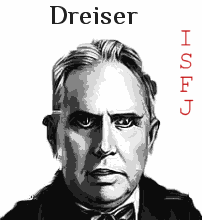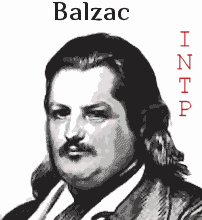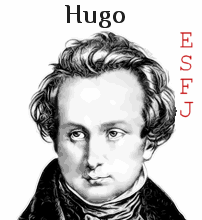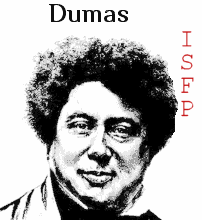
White ethics in the understanding of socionics is an emotional process of a person, reflecting his evaluative attitude to the world around him. In contrast to white logic,which operates with formal laws and rules, white ethics is responsible for everything that is outside these rules – personal attitude, sympathy-antipathy, compassion. Therefore, the second name of white ethics is the Ethics of Relationships.
The ethics of relations reflects internal feelings, it is introverted, and since the criterion of
introversion in this model is usually denoted by white, such ethics is called white and is indicated by the icon of a white truncated square (if we cut off the logical part from the designation

of logic, then we get such an opposite of logic -

ethics). In the
MBTI typology it is called
"introverted Feeling" (Fi).
Strong white ethic is well versed not only in relations between people, but also in matters of morality. They have their own opinion about what is ethical and what is not, and this opinion does not always coincide with the generally accepted one. Good psychologists come out of them, because no one knows how to listen and comfort better than a white ethic.
Consider how
Fi manifests itself in different personality types corresponding to different functions of model A:
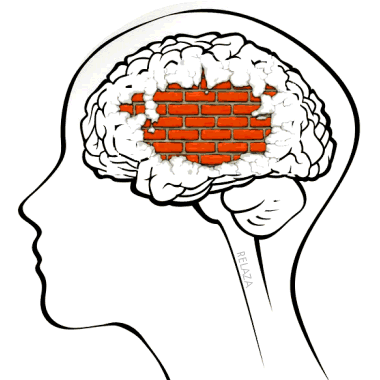 |
Base White Ethics
|
The Base function is the basis of the personality and intellect of a person, his view of life.
Both aspire to consider the relationship to be the foundation of their lives.
In building relationships, Dreiser, who is often considered a moralist, "fights evil," and the intuitive Dostoevsky tries to "do good." And this manifests itself quite directly, if I really love - then I forgive everything, but if the attitude changes (which happens very rarely) - then it changes quickly and abruptly.
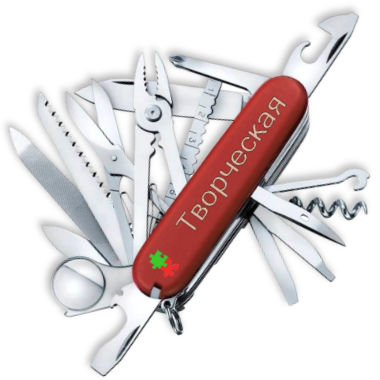 |
Creative White Ethics
|
The Creative function is a way of communicating with the outside world and solving problems at any given moment.


Relationships for such people are a working tool. Their creative function masterfully establishes contacts and has an impact on people. They know how to please people.
Napoleon's white ethics serve as his Base Volitional Sensing, so the main thing in it is the desire to subordinate others to their ethical influence. If this succeeds, such people go to the circle of friends, if not, they are ranked as enemies. Since Napoleon's Base function is that he is the best, he often asks for compliments or engages in narcissism.
The main feature of Huxley's Relational Ethics is the ability to adapt to the interlocutor, which allows him to win the favor of anyone. He adjusts his point of view to the interlocutor, flatters him and gives compliments. Huxley's creative white ethics realize his Base function - the search for new promising opportunities. Even having quarreled with someone, Huxley tries not to cut off the relationship to the end - and what if this person is still useful. He is a lover of conducting a complex and multi-move ethical game, an unsurpassed master of "blow off".
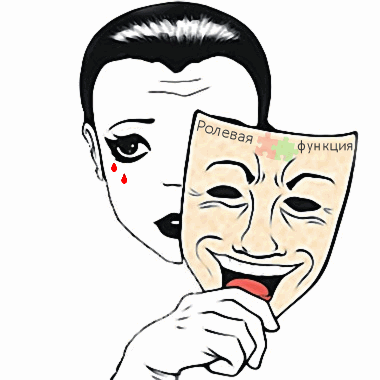 |
Role White Ethics
|
Role function is a mask: what a person wants to appear to be, who he claims to be.
Role white ethics at the first acquaintance seem to be tactful polite people, pleasant in communication. They try to be well-mannered and observe etiquette. But they cannot understand the intricacies of relations between people and even more so influence these relations.
Both simplify the relationship, as they do not understand all the subtleties, and are often offended by unexpected developments for them. Robespierre replaces the concept of "ethical" with the concept of "fairly", and in Max relationships with others are determined by mutual obligations.
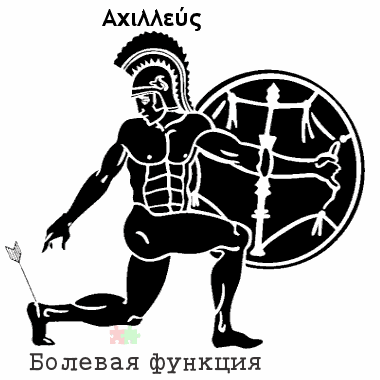 |
Vulnerable White Ethics
|
Vulnerable function is its weakest human trait, its vulnerable place.
Such people do not understand complex relationships and intrigues, their feelings and emotions are quite straightforward. In addition, Vulnerable white ethics can accidentally offend someone without noticing it, or something "blur" without realizing that sometimes it is better to keep silent. The flow of information on white ethics that contradicts common sense causes discomfort for both of them, so they try to avoid any discussion on this topic: "do not wake up dashing while sleeping quietly"
Zhukov, as a sensory, seeks to impose his society in order to raise his authority, and Don tries to avoid those with whom he does not have relationships, so as not to spoil them even more.
 |
Suggestive White Ethics
|
The Suggestive function is responsible for the assimilation of knowledge accumulated by society by a person.
Such people are characterized by the desire to get as much information as possible about people and their relationships in order to know how to communicate with them. They themselves are poorly versed in this, but they are very much concerned about how others treat them.
They can be gullible or overly suspicious. Therefore, they are looking for people with high moral values as partners who will give the right advice on how and where to behave, will not deceive at the same time and will take on part of the moral responsibility.
Without such clues, they can behave incorrectly in an unfamiliar company, so they become attached to a well-known team, for fear of losing established relationships.
 |
Mobilizing White Ethics
|
The Mobilizing function regulates a person's actions for compliance with the norms accepted in society through self-assessment of actions.
Both types can work productively only in teams where there is a normal psychological atmosphere, there is no gossip and intrigue. Healthy relationships in the team lead them into a good mood and raise productivity.
Mobilizing white ethicers are usually not very well versed in relationships, but are very interested in how to build them. Therefore, they are often fond of various theories that make it possible to manage relationships (such as NLP, socionics, psychosophy ...) and are grateful to people who showed them an example of the right relationship building.
 |
Limiting White Ethics
|
The Limiting function serves to protect the individual from unpleasant or dangerous outside influences.
Such people, defending themselves from unpleasant influences, begin to shame their opponents and appeal to their conscience, or relieve tension, criticizing the moral qualities of other people after unpleasant events have occurred.
 |
Demonstrative White Ethics
|
The Demonstrative function is responsible for the correct instantaneous unconscious reactions in everyday life.
Relational Ethics is a Demonstrative function in
Dumas and
Yesenin.
Such people intuitively feel well when it is possible and necessary to use their charm and do not hesitate to use it. Relationships with people are built freely, and from the outside it seems that they find a common language with everyone, that it is impossible to be offended and it is impossible not to love them. To do this, they do not make much effort, because they build relationships with others on a subconscious level.
They rarely get into difficult psychological situations, and if they do, they usually easily find a way out using various ethical techniques.

 of logic, then we get such an opposite of logic -
of logic, then we get such an opposite of logic -  ethics). In the MBTI typology it is called
ethics). In the MBTI typology it is called 
















